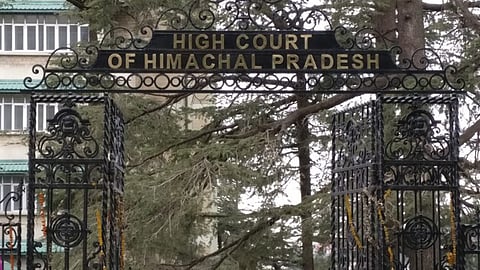
- News
- Columns
- Interviews
- Law Firms
- Apprentice Lawyer
- Legal Jobs
- हिंदी
- ಕನ್ನಡ

The Himachal Pradesh High Court recently observed that no person has the right to call someone corrupt as long as the offence of defamation exists on the statute books [Jagat Singh Negi v. Surat Singh Negi].